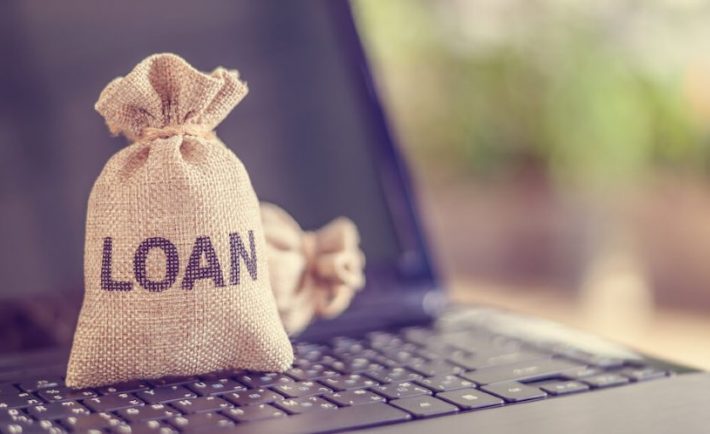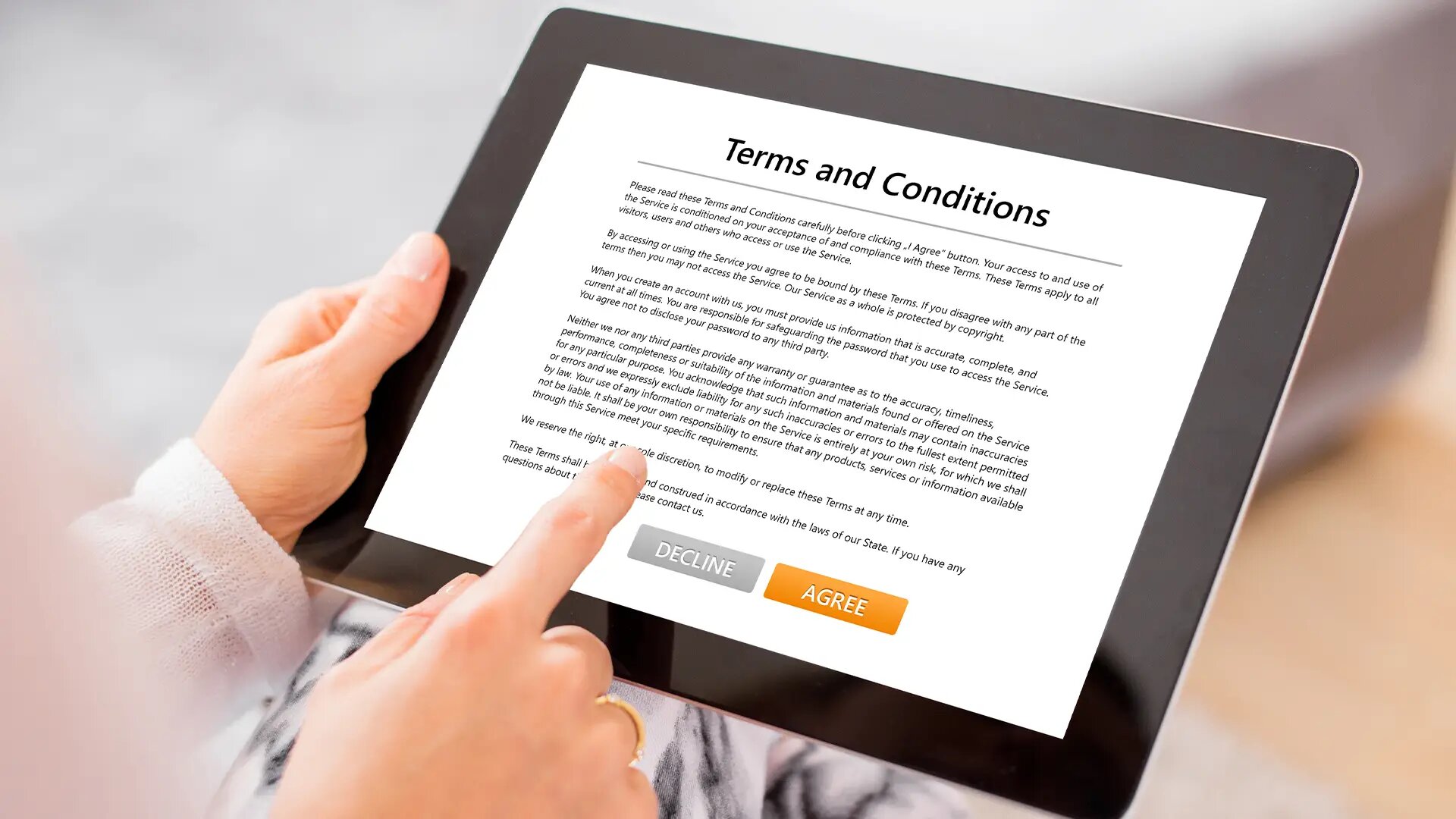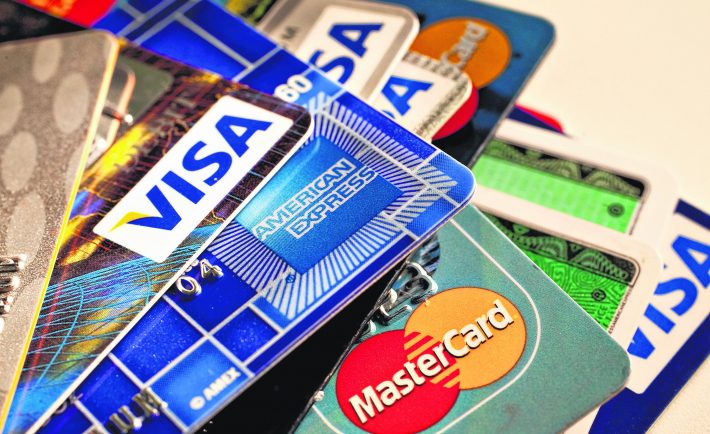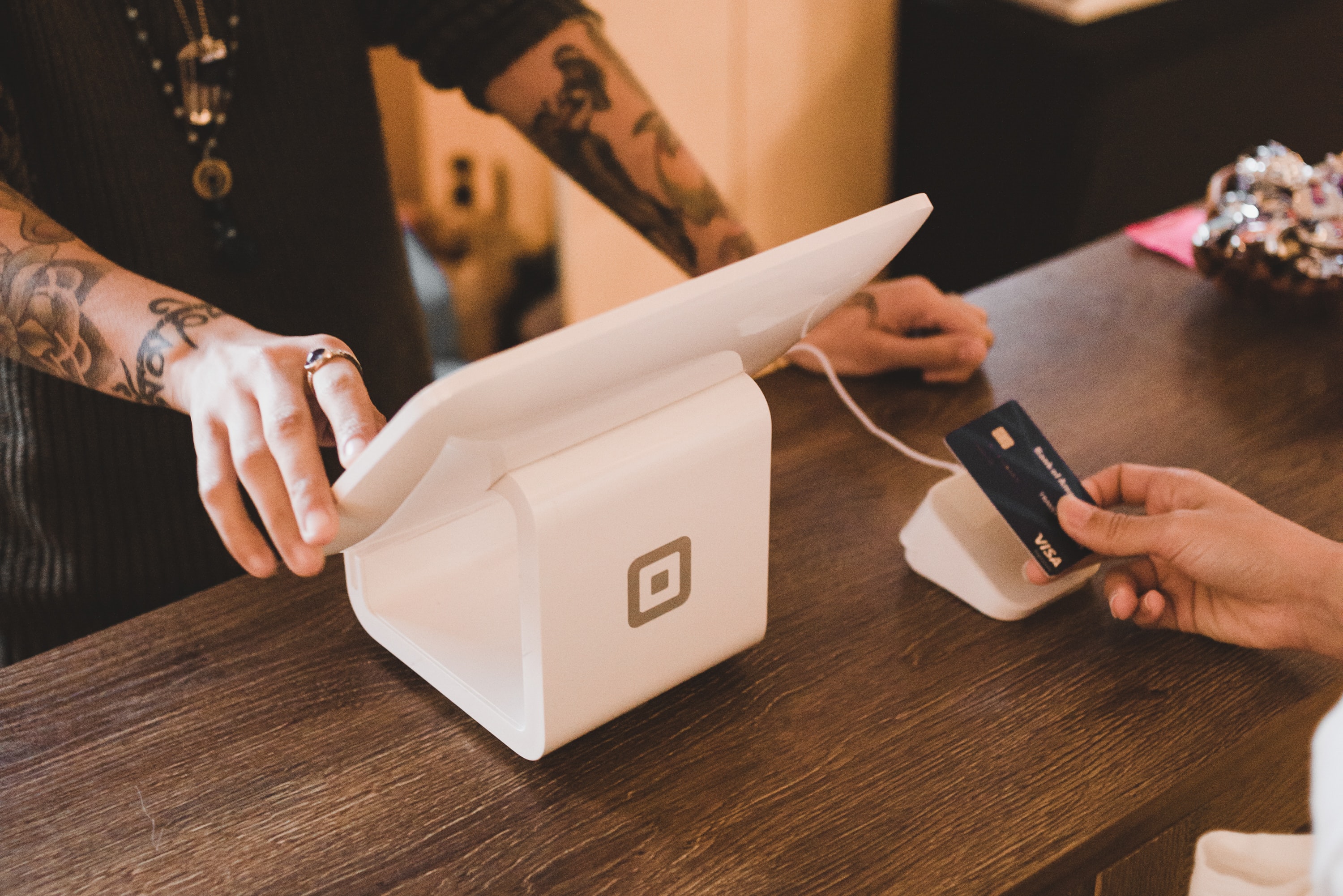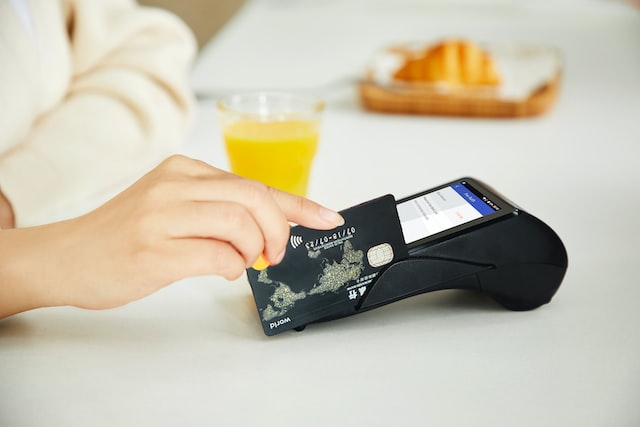Congrats on graduating!
Now, it’s time to face the reality of having to pay back your student loan. And on top of the need to secure a job so you can manage your monthly repayments.
Feeling clueless about how to go about handling this? Here’s a simple student guide to navigating student loan repayment so stop worrying and start reading.
Budgeting starts now
If you’re the sort that earns a dollar and then spends a dollar, something’s got to change.
With a student loan waiting for you to repay, you need to start looking into your salary and budget accordingly.
And by budgeting, I mean going into the nitty-gritty details. Whether it’s food costs, phone bills, insurance, transportation, or giving the old folks “pocket money”, pen it down. Be as realistic as possible and then calculate how much you can afford to put towards your student loan repayment.
Tip: You need to scrimp and save for a start, but it’s good not to squeeze yourself dry and risk mental health issues along the way. It may take some trial and error but you will eventually get the hang of things with adjustments here and there.
How to practice financial discipline
There’s no other method when it comes to financial discipline—stick to your budget.
There’s usually a minimum loan repayment amount tag to your student loan. For example, DBS’s (university) study loan’s minimum monthly repayment is $100.
And following 2022’s median salary for fresh uni grads, it’s $4,200.
Yes, $4,200.
Don’t feel bad if your salary is below the median amount. Life happens.
But that’s not the point.
The main point is $100 is an easy amount to repay based on the salary you receive. Surely you can’t be earning less than $1,000 per month as a graduate, right?
If you set aside 10% of your salary, you can pay off way more than the minimum amount. Just make sure you’re comfortable with it.
Every dollar matters. If you find yourself with extra money at the end of the month, make those payments toward repaying your student loan. The interest is no joke and you want to pay back the lump sum as soon as you can.
How to save on interest and pay off faster
I’ve touched on this point a little earlier but what you want to do is to…
Pay more than the minimum.
Even OCBC’s student loan installments start from $100 per month. That’s the bare minimum.
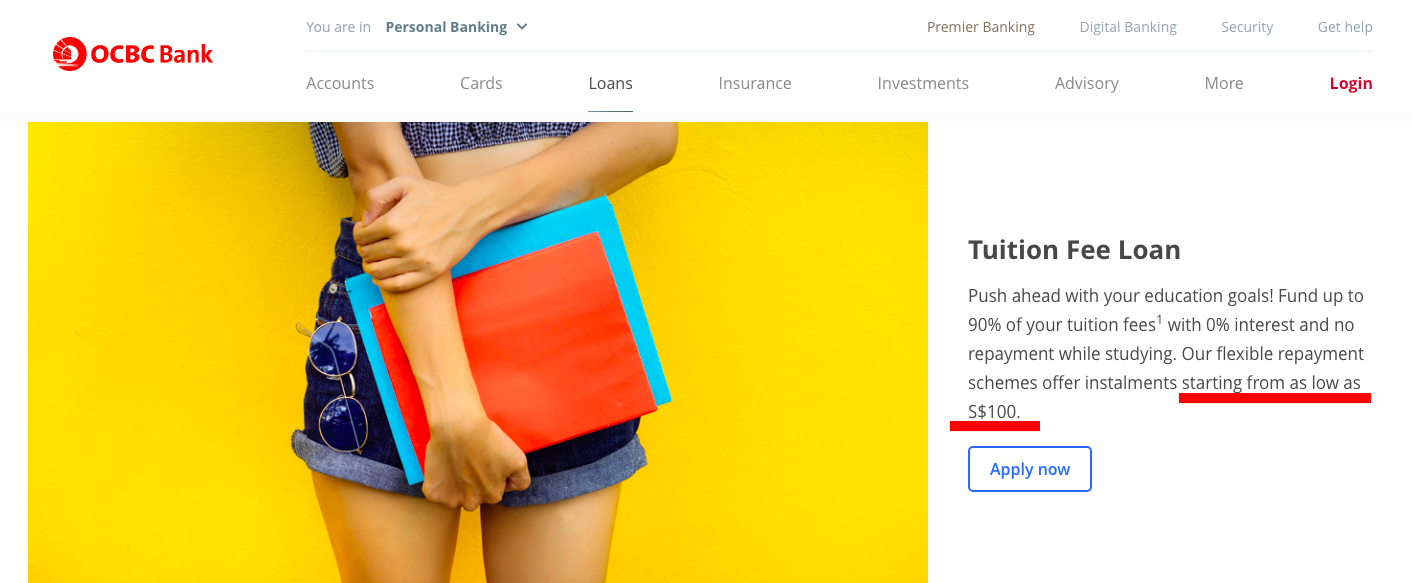
Image Credits: ocbc.com
But if you aim to get this repayment thing over and done with, you need to “tahan” a little at the start and pay more than the minimum.
If your loan has no interest tag to it, good for you. But if it does, the interest is going to quickly add up. So to stop it from snowballing into tens of thousands of dollars, repay more each month.
What if you can’t make payments on time
My question to you is, why?
Based on my brief research on DBS and OCBC’s student loans, the minimum amount to repay is $100, as I’ve mentioned earlier too.
Even if you’re starting as an intern, the market rate should be >$1000. And that’s just 10% of your salary.
But if the problem is not due to your extravagant spending habits but unforeseen circumstances such as medical bills and whatnot, then you should let your guarantor know.
Seek help from friends or family members whom you can borrow money from. Since the minimum is $100, see if you can borrow $600 to $1,200 (6 to 12 months’ worth) to get by. If all else fails, contact your loan servicer to discuss the issue.
We’re already days into Q2 of 2023. Time just passes by like that and as someone who has had the experience of loan repayment, I’ll honestly tell you that the interest rate is insane. So never let it roll. You want to set a clear budget, stick to the repayment amount each month, and repay more if you can. Suffer a little now in your early 20s, and you can do more of what you want after the loan is cleared. Take that!



